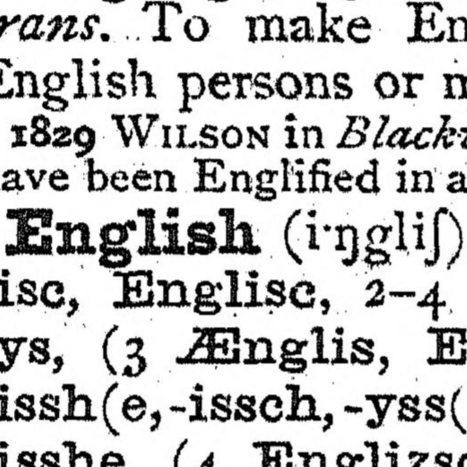As a non-native speaker I encounter this phrase from time to time (in podcasts and such) and I’d like to understand the use (beside the literal meaning which is obvious).
Why would you say that? or sometimes Why do you say that?
To me, that sounds almost rude, like rebuking the questioner. However, the context usually leads me to conclude that this sentence is to be understood neutrally, in the sense of “I am interested in the background of the question”.
How should the sentence usually be used? Or does it depend solely on the tone the phrase is used?
Your conclusion is mostly correct though the actual meaning depends a lot on context and tone. It can also depend on the version of the phrase, like : “What makes you say that?” Is usually asking for background, and is really more like “How did you come to that conclusion?”. Where the more straightforward “Why would you say that?” Is more often an expression of shock at someone saying something in specific, such as a mother chastising her child for using bad language: “Joshua Smith! Why would you say that? Apologize to that man this instant!”.
Additionally, there are variations in tone of those and similar uses.
“Why would you say that?” = “What makes you say that?” = Please explain your reasoning.
Similarly, the above but in a sing-song or over-enunciated tone = “Now why would you say a thing like that?” = A coy or sardonic variation of the above, where the request for reasoning is rhetorical and unneeded because it is obvious.
“Why would you say that?” = I fundamentally disapprove of the content of your statement
Similar to but distinct from the above, “Why would you say that?” = While I don’t necessarily disagree with the content of your statement, I disapprove of speaking it aloud.
It always seemed to me to mean something more positive like “tell me more” when said in a curious tone. But if somebody says it in a horrified tone then it is negative. So I guess your own conclusion is correct?
It depends on the context and the tone. If I were to speak to someone about one of their hobbies in a lighthearted discussion and said, “Why do you say that?” It would just mean, “What do you mean, can you explain more?”
If it’s a heavy topic like a patient talking to a psychiatrist and the patient says something only to get the response, “Why do you say that?” Well, it would make the patient defensive.
Tone accounts for most of that I suppose. When the tone goes down at the end, things are serious and it could make someone feel like they are being interrogated by the question. Tone goes up, it is a friendly request for more information to help understanding.
As a non-native I also feel disagreement, together with your conclusion. Interested how this will develop. Woud guess its more AE than BE.
to me, ‘why would you say that’ has a more rude, accusatory vibe (but can be used neutrally depending on tone) while ‘why do you say that’ is almost always neutral. I cant think of a time when ‘why do you say that’ would come across in a negative way.
I think it can seem rude sometimes to unexpectedly alter the course of a conversation by expecting a tangential conversation. I interpret the question to be the same as another question: “What experience has led you to describe your view in that way?” Or “Can you elaborate and help me to understand your previous statement?”
With this particular question there is a sense that the speaker is admitting that it is difficult for them to understand the other person’s position. I think that this admission of ignorance can help people to be vulnerable in a healthy way.
I hope this has been insightful and not confusing. I enjoy thinking about your question.
I think it can seem rude sometimes to unexpectedly alter the course of a conversation by expecting a tangential conversation.
I hadn’t even thought about that, but that might partially explain why I perceive the sentence as rude. From my own conversations, I’m more used to people “working through” the actual topic and possibly asking about the background afterwards.
Might be partly cultural also.
Thanks for your insightful comments everyone, really enjoying the discussion and it’s interesting to see how different a 5-word phrase can come across.
Yes, it depends on the tone, which dictates whether it’s rude or inquisitive. This is how I see it.
Why would you SAY that? = what you’ve said is shocking or offensive.
Why would you say THAT? = one wants to know more about that.
“Why would you say that?” To me feels much more rude than asking “Why do you say that?”
Asking “Why would you?” Gives the impression that you are questioning their intent, almost accusing them of something negatively.
Asking “Why do you?” Gives the impression that you are questioning their reasoning, like you are simply curious and looking to understand them better.




